Victoria Coutts is an MA Fashion Media Lecturer at Birmingham City University and has been a Club tutor and coordinator at the university’s Craft&Making Saturday Club since it was first launched 2 years ago. Here, we speak to her about developing the Club’s curriculum, ‘craftivism’ and creating an environment where Club members can freely express themselves.
Please introduce yourself and tell us a bit about what you do at the National Saturday Club.
My name is Victoria and I’m an MA Fashion Media lecturer at Birmingham City University. I am also the Club tutor and coordinator for the Saturday Club at the university. I lead the sessions, plan the Club programme and bring in university lecturers as support staff to deliver those sessions.
Birmingham City University runs a Craft&Making Saturday Club, focusing on the crafting practices of jewellery, fashion and textiles. We are using craft skills with fabrics and inks and metals.

Tell us about the Craft&Making Club and your approach to programme planning and curriculum development.
We’ve just finished our second year of the Club, which has been brilliant. I’m particularly interested in my own research about how we can use the arts to empower and engage teenagers.
We base the year’s curriculum around a theme. For the first year of the Club, the theme was based around trainer design. We were new and wanted to use a theme that we thought young people would be interested in, and it worked. This year, I planned the programme around the theme of ‘protest’. During the first year of the Club, I was intrigued by the conversations Club members were having with each other. They would talk to each other about quite serious topics and with everything that is going on in the world now, I thought it was a very timely moment to use ‘craftivism’ as the theme.
The Club is an empowering and safe space that is non-judgmental. It gives Club members space to think about the things that really impact them and then we get to impart knowledge of craft and making skills and advise how they could be applied to the theme. They learnt embroidery skills, how to manipulate metals, and badgemaking.
What is ‘Craftivism’? and why is it important?
Craft + Activism = Craftivism.
Activism is the priority, and the craft is the tool to do it. It’s about provoking thought and discussion on issues in a deep, meaningful way. It’s a way for people to think about what they can do to be part of the change they wish to see in the world, as well as how they can nurture and encourage others to make positive change. It’s a great way for the Club members to bond with each other as they all come from different schools, backgrounds, ethnicities and religions. There are some great artists, such as Corbin Shaw, who are creating protest art using crafting methods.

It is so nice to hear them building friendships and creating a community
For me that is the most important thing about the Club. It is about giving young people this space outside of school where they’re not being judged. They are not being graded. They are with people who they would never normally meet because they’re in different schools and probably interested in different things. It broadens their social skills, their empathy skills, and just opens up their worlds.
I want to mention something you said in your previous answer, you said you don’t like using the word ‘teaching’, why is that?
Because it is an authoritative term. I think it’s just about imparting knowledge and supporting. We are sharing craft and making skills and the knowledge of how they could use them. We guide and support.
Sometimes when the Club members are making something, they think it needs to live up to a specific standard, to look like something they see in shops, but when you give them that freedom and say, “you’re just experimenting, it is yours, this is your piece of art; you do what you want with it”, that makes it really theirs.

How do you explore and foster their individual interests?
I think it is about giving them time and the space to be who they are. Listening, observing and being open to supporting them in a way that is right for them. I had two Club members say that they “hate art”, and that they’re “not creative”. Yet they come every week and I’ve been able to say, “so look what you’ve done here – you are creative”. The Club also broadens their perspectives, their mindsets and gives them the ability to think outside of the box.
How do your experiences as a creative feed into the learning environment?
My experiences not only come from being in the creative industries and teaching, but from life in general. It’s the knowledge that if you encourage young people to explore ideas, be patient, observant, and listen to them, you can instill confidence. I like to emphasise that creativity is a process. What could be deemed a mistake by one person, could turn out to be the best thing you’ve ever created. It’s important to share that not everyone’s going to like what you do, everyone has different opinions, different values and a different aesthetic.

How do you factor in an understanding of the industry and careers?
If we are introducing a new topic, skill, craft or idea, we show the young people relevant and inspirational industry examples such as Corbin Shaw’s protest banners. The lecturers that support the sessions speak about their career journey, sometimes when they introduce themselves but mostly organically through conversation while supporting the members in the sessions. We’re introducing industry skills in a fun and experimental way.
Do you have any standout moments?
We just had our local exhibition recently and some of the young people, parents and grandparents had tears and thanked us for inspiring the young people and giving them a space to come and explore craft and making skills. It was emotional. That feeling of knowing the Club has changed some of the young people’s lives, and being so proud to give them a safe, supportive and free space to express themselves without fear of judgment.
Some parents say that their child doesn’t want to get up for anything else, but when it comes to 8am on a Saturday, they’re up and ready for the Club!
Birmingham City University runs an exciting Craft&Making Saturday Club – Make, Do & Mend – giving young people the opportunity to develop their creativity, imagination and explore the more practical side of craft and making through Making, Doing & Mending. Find out more about the Club.
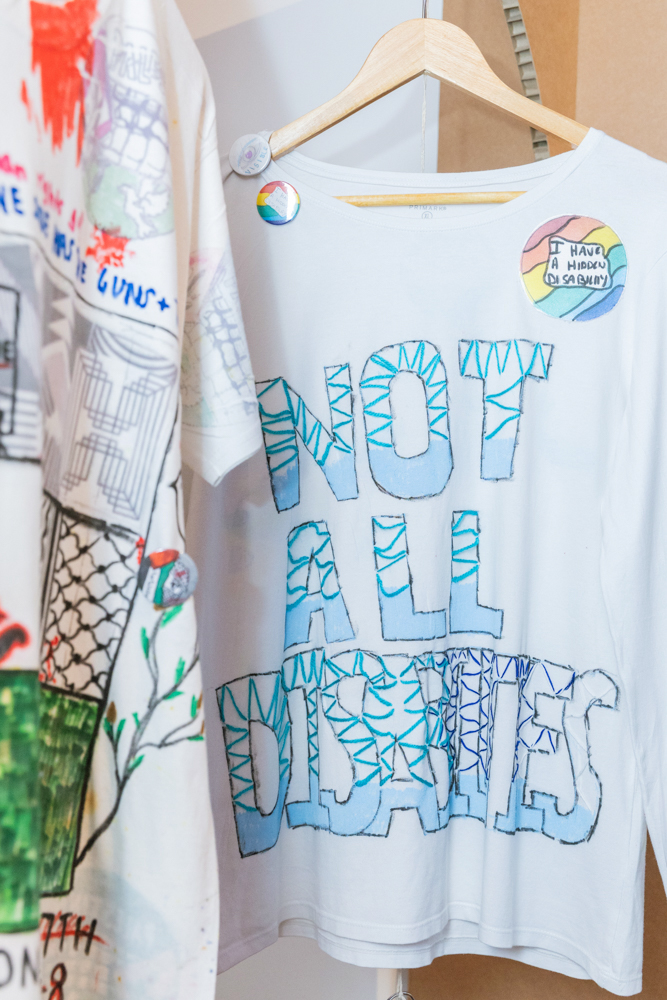
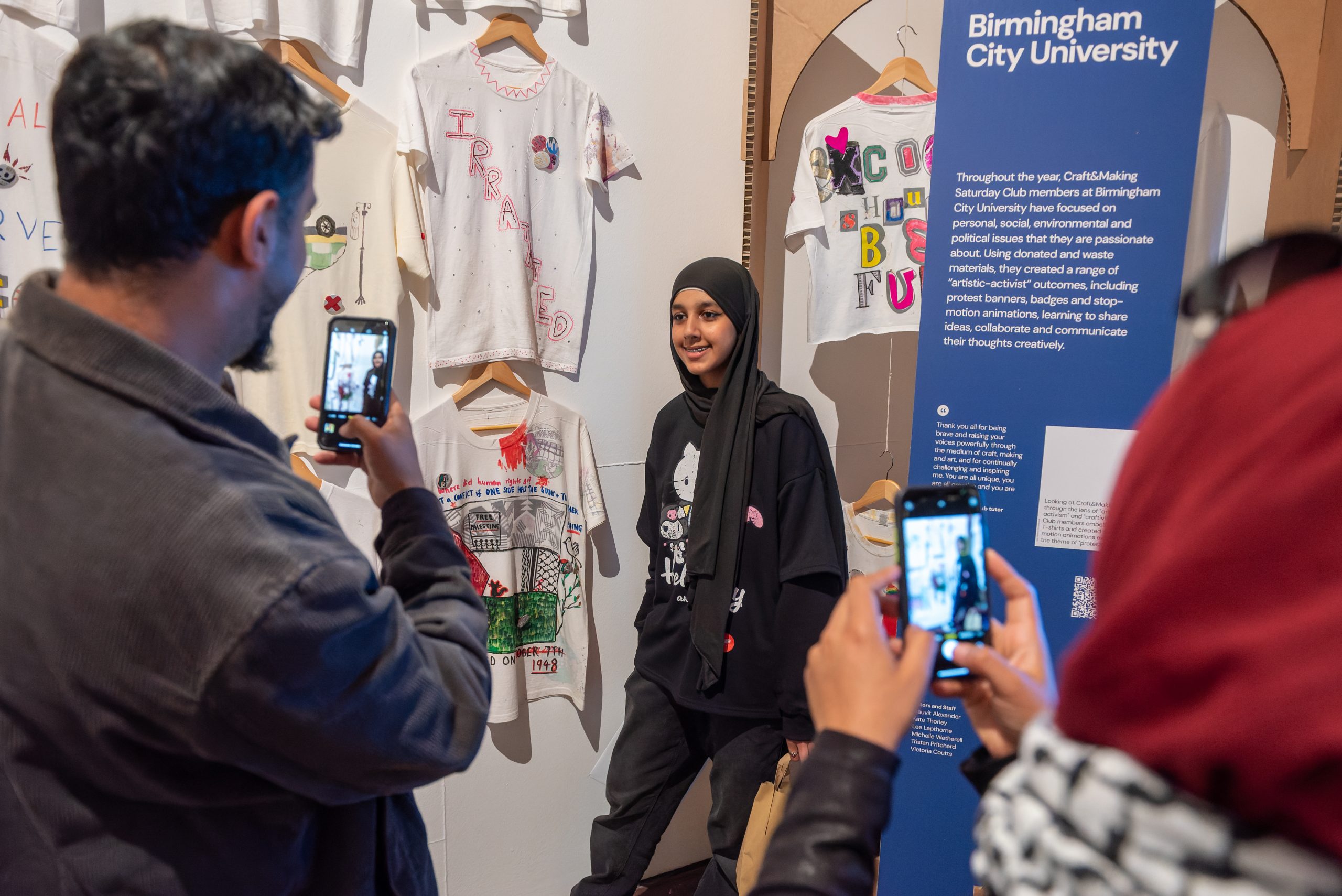
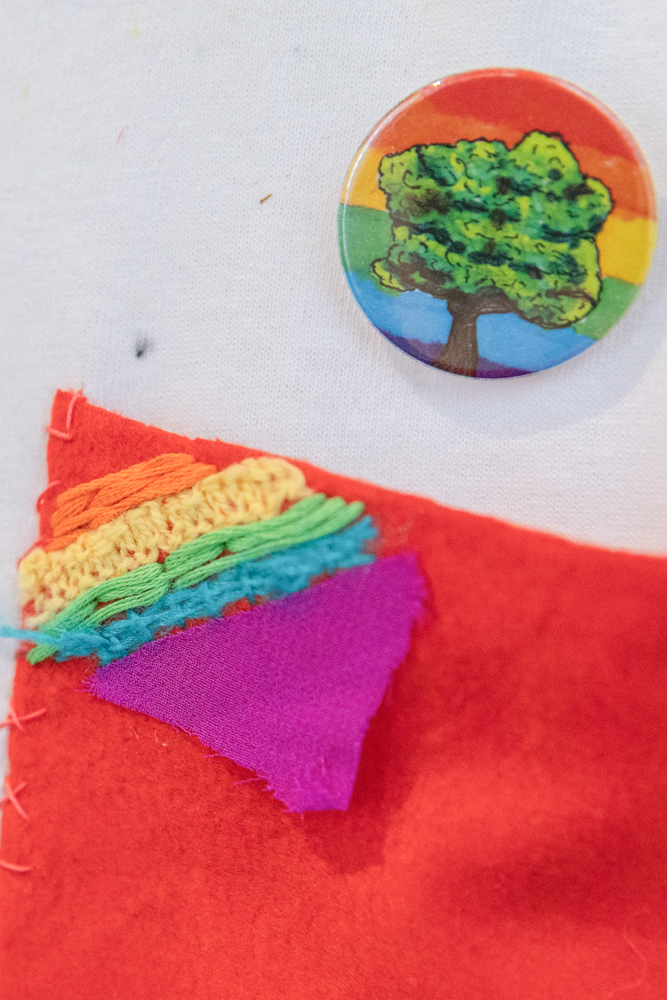
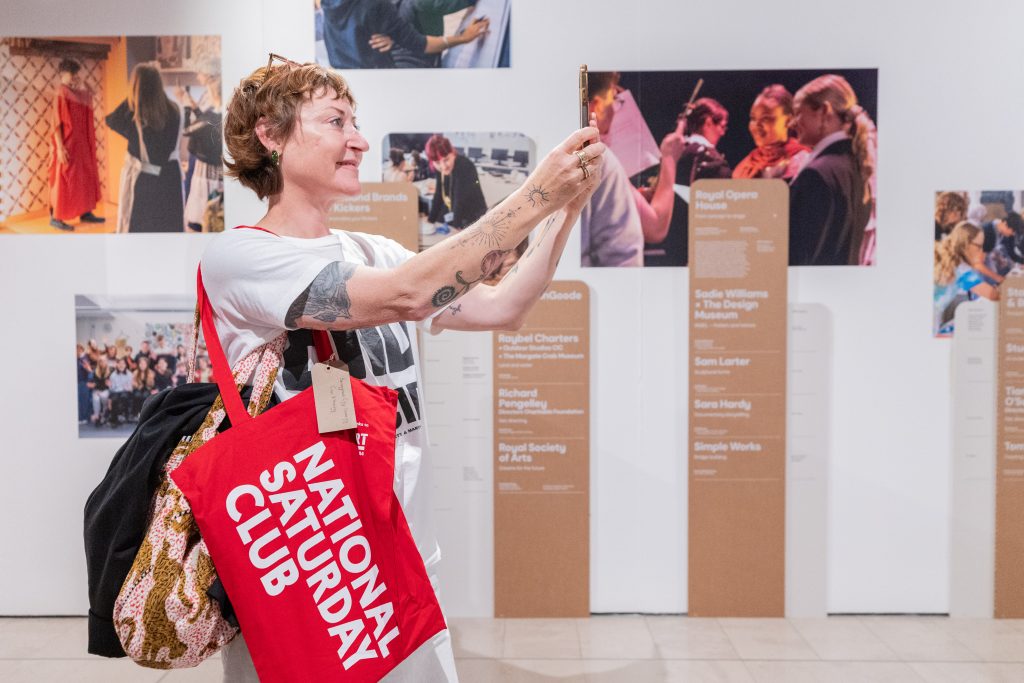
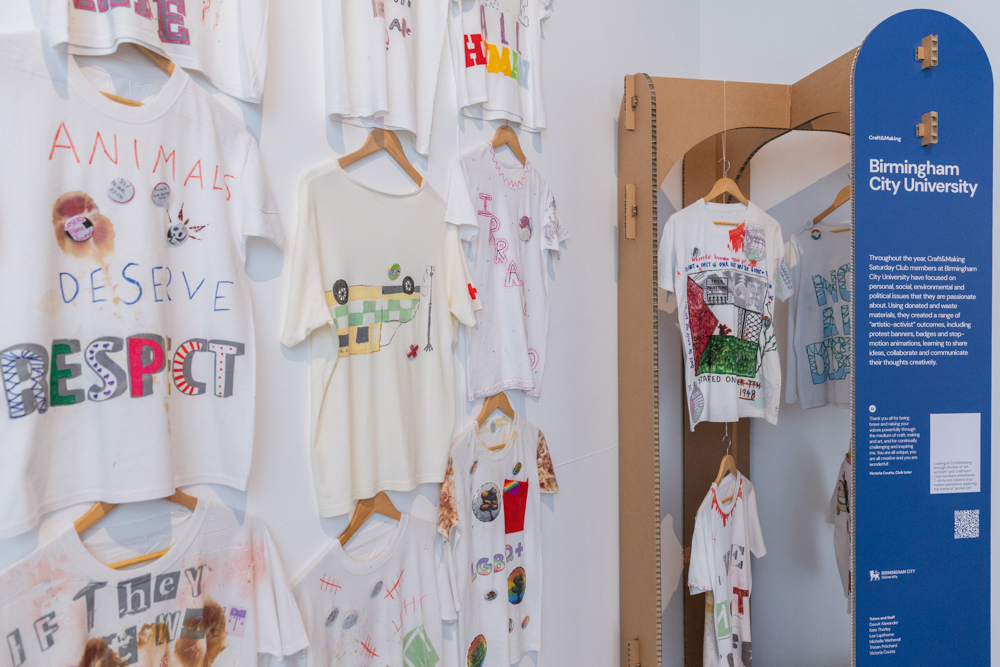
Interview conducted and edited by Suprina Thapa